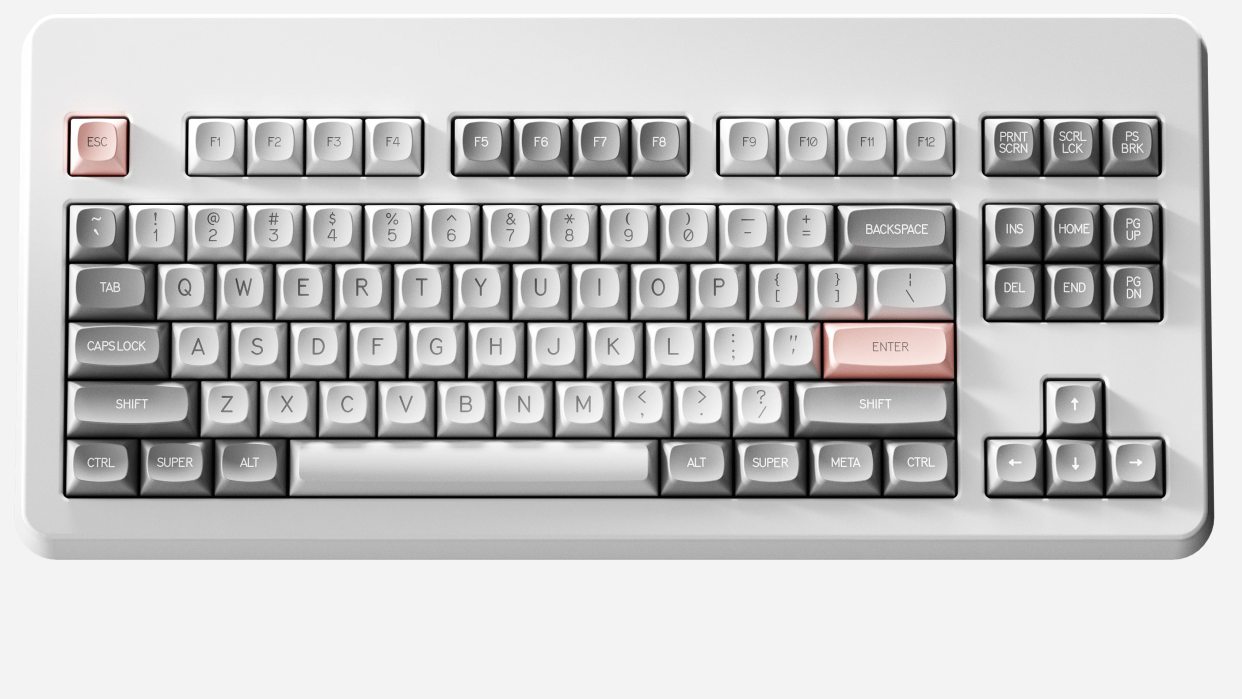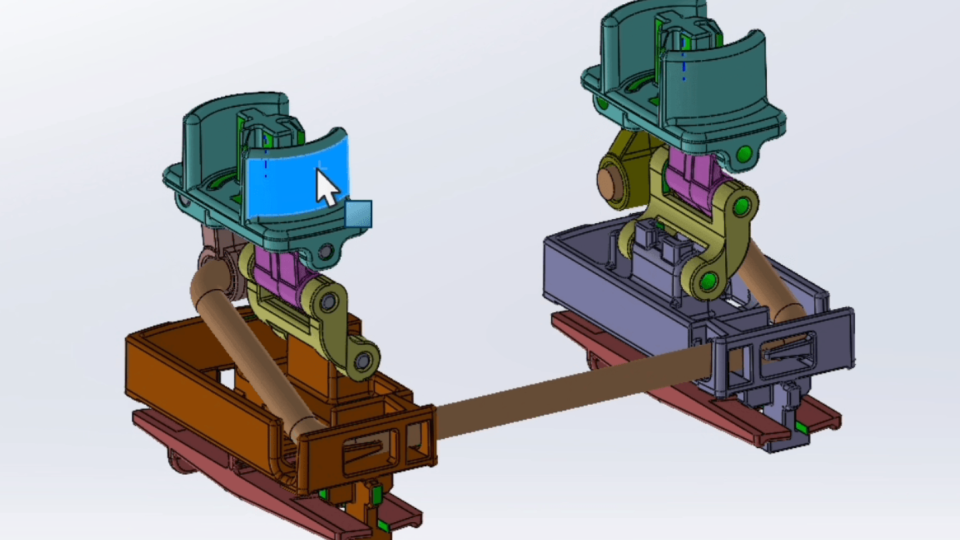A keyboard enthusiast built a $3,400 electro-capacitive keyboard that supposedly gets rid of stabilizer noise

One issue that plagues silent keyboard enthusiasts everywhere are noisy stabilizers common to most keyboards, even mechanical ones. The Seneca is a "retro-futuristic" electro-capacitive keyboard with reportedly silent stabilizers, poised for a summer 2024 release at an expected price of "around $3,400." [Checks notes...] Yes, that's over three thousand dollars, and roughly the amount you'd pay for a complete top-tier gaming PC.
Other electro-capacitive keyboards like the Epomaker NIZ WP87 have been on the market for some time now. Except, that particular model "only" costs around $200, though in our review we noted the load noise from the stabilizer bars. So, for just $3,200 extra, you can potentially avoid that pitfall.
Fixing the so-called "stabilizer problem" is apparently expensive and difficult, considering the asking price, five-year development time, and extensive development log available on Ryan Norbauer's website. Cheaper attempts like the Staebies mods precede this, but those won't always work without additional mods and effort on existing keyboards.

One of the main problems introduced by standard stabilizers — besides a certain minimum level of additional key noise if you don't lubricate them — is the additional key rattle. Even premium Cherry MX designs still typically have this issue, and other designs may have even worse stabilizers, like the aforementioned NIZ WP87.
While working to address the stabilizer problem, Norbauer needed to try to balance three key aspects: good acoustics, good mechanical performance without binding, and support for keycap width variations. The difficulty was that "optimizing one always seemed to mean sacrificing the others." The final design represents the compromise Norbauer ultimately settled on, after five grueling and expensive years of development.
Besides this incredibly expensive albeit innovative keyboard project, Norbauer also provides an assortment of other highly-customized keyboards and keyboard accessories, including full custom builds. Most of the other keyboards cost less tha $1,000, though the Titanium Edition housings for some keyboards can go as high as $3,800. If you don't mind paying a premium for highly-custom hardware, this may interest you. Otherwise, a highly-rated gaming and/or wireless keyboard may suit you better.
So, does this custom $3,400 keyboard accomplish everything Norbauer set out to achieve? He apparently thinks so, but it's not yet available for purchase — in case you have several grand burning a hole in your pocket. The keyboard should go on sale this summer, at which time any PC enthusiasts that are still interested can decide whether to take the plunge on a silent typing experience, or instead purchase a complete extreme gaming PC.
We suspect anybody considering spending this much on a keyboard will be looking for something more than just a premium typing experience. Most keyboard enthusiasts would likely prefer lubing their own stabilizers, or replacing them entirely with a solution like Staebies that starts at $22. However you want to slice it, $3,400 is an extreme price to ask for a keyboard, no matter how good it is.

